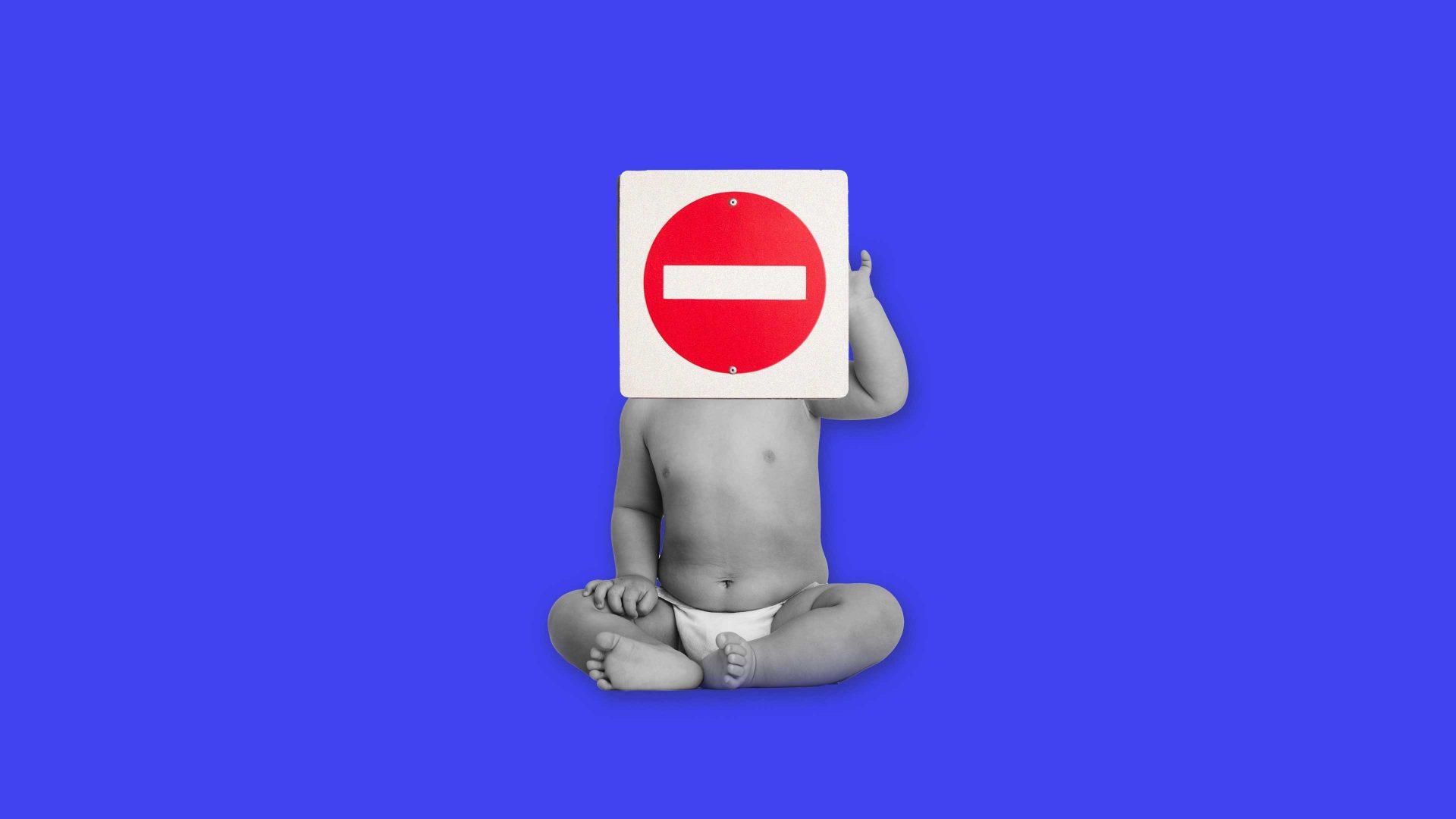Underage drinking is a serious problem. It damages children’s brains and puts them at risk of alcoholism in later life. According to a recent World Health Organisation study based on data from 2021-2022, England has one of the worst rates of childhood alcohol consumption in the world, possibly the worst of all. By the age of 11 a third of the children surveyed here had drunk alcohol. And they weren’t just sipping weak shandy – some were downing shots of vodka.
Some think early exposure turns young people into lifelong responsible drinkers. That’s a myth. In fact, early drinking is a predictor of alcohol-related problems in adulthood.
The psychologist Jonathan Haidt has made a similar case about mental harm to children from smartphone use. He cites evidence of a massive increase in adolescent anxiety, depression, self-harm, and suicide post-2010. That was the year when social media apps took off. This is no coincidence, he believes. In The Anxious Generation, he argues that this rewired children’s minds on an “almost unimaginable scale”
Scrolling through addictive apps like TikTok, Instagram and Facebook isn’t harmless fun. Nor is receiving hundreds of notifications a day. Adolescents are especially vulnerable because their impulse control is still developing, and important pathways in their brains still forming. His solution: severely restrict under-16s’ access to social media.
Haidt’s claims have been contested. The developmental psychologist Candice Odgers, reviewing his book in the journal Nature, argued that evidence shows young people with pre-existing mental health problems use social media more often and in different ways from others, and that this confounds simple generalisation. Haidt, she suggested, has committed the rookie error of confusing correlation with cause.
She cited the largest long-term study of adolescent brain development in the United States as finding “no evidence of drastic changes associated with digital-technology use.” Haidt has replied, referring to experiments that he believes do prove a causal link.
Behind these worries about children’s developing brains is the widely held belief that young people need protection from anything that can inhibit their flourishing. Paternalism (or maternalism if you like) is the act of restricting someone’s freedom for their own good – or at least for what the person doing the restricting thinks is their own good. It is an important part of parenting (“pater” is Latin for “father”), though we might disagree over how much it should be used.
It was not so long ago that well-meaning parents tried to stop adolescents masturbating because they thought it would make them go blind or bound for Hell. Ideally, paternalism towards children should be based on scientific evidence about actual risks, not on anecdotes or irrational anti-vaxxer-ish fears. That’s why the WHO report on alcohol use, and the debate about Haidt’s claims, are so important.
Paternalism towards adults, though, is far more contentious, even when scientific evidence conclusively indicates a high risk of harm. John Stuart Mill strongly opposed it. In On Liberty, he argued that an adult of sound mind should be free to drink himself to death. The state shouldn’t intervene, and nor should any individual. You can reason with him but shouldn’t force him to abstain.
This is part of what respecting one another’s autonomy involves: as adults we should be free to make our own mistakes as long as we don’t harm anyone else in the process. Children and vulnerable adults are different: paternalism is entirely appropriate towards them, required even.
If you take Mill’s line, Rishi Sunak’s proposed ban on selling cigarettes to people born after January 1, 2009 will eventually impinge on adults’ freedom to smoke in private in an unacceptable way. While 2009ers are still children, it’s justifiable paternalism; once that cohort reaches adulthood, though, they should be free to decide for themselves about risk, just as adult rugby players are.
A response might be that, like our laws on seat belts and motorcycle helmets, Sunak’s will coerce adults into behaviour that will result in better consequences not just for individuals, but for all. This is because it will ease the burden on the NHS.
And apart from that, many people believe there can be benign paternalism towards adults, and that Mill went too far in championing liberty, focusing too much on individual freedom. The philosophical question underlying this, however, is worth thinking hard about: How much state-enforced restriction of adult freedom should we accept?



